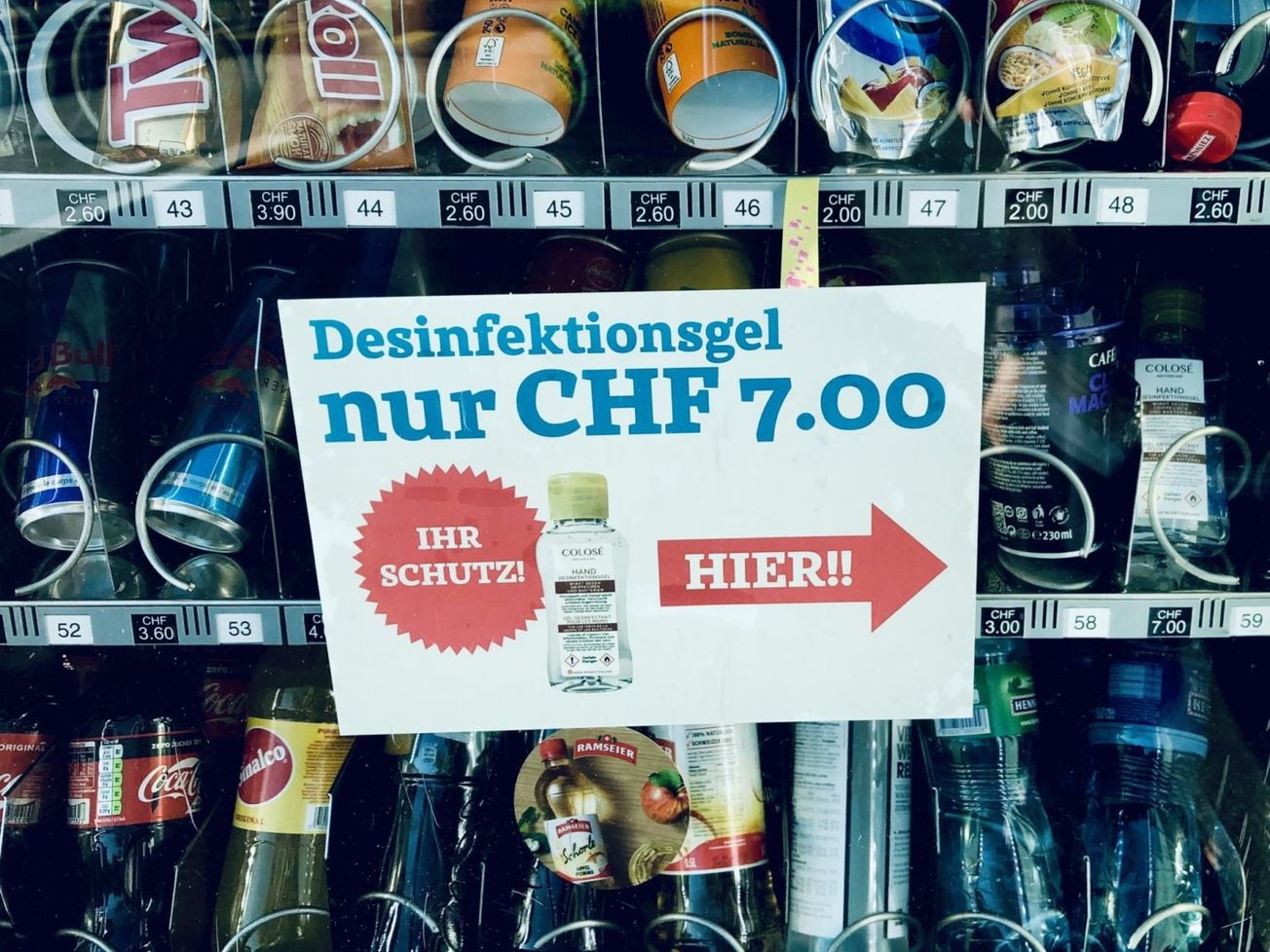GENEVA (AN) — As nations ease up on coronavirus lockdowns, World Health Organization officials cautioned on Monday the first wave of the pandemic has not ended and a "second peak" may occur with global infections and deaths still increasing.
The number of confirmed coronavirus cases surpassed 5 million just four days ago, and continues to rise globally as infections keep increasing in Africa, Central and South America, and South Asia. Areas with dense populations, including poor, urban hubs and refugee settlements, remain particularly vulnerable.







